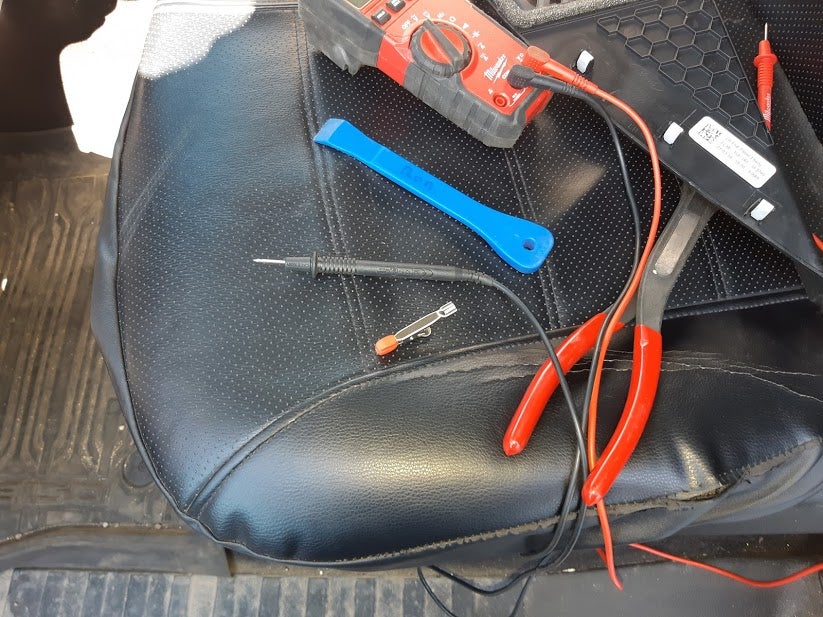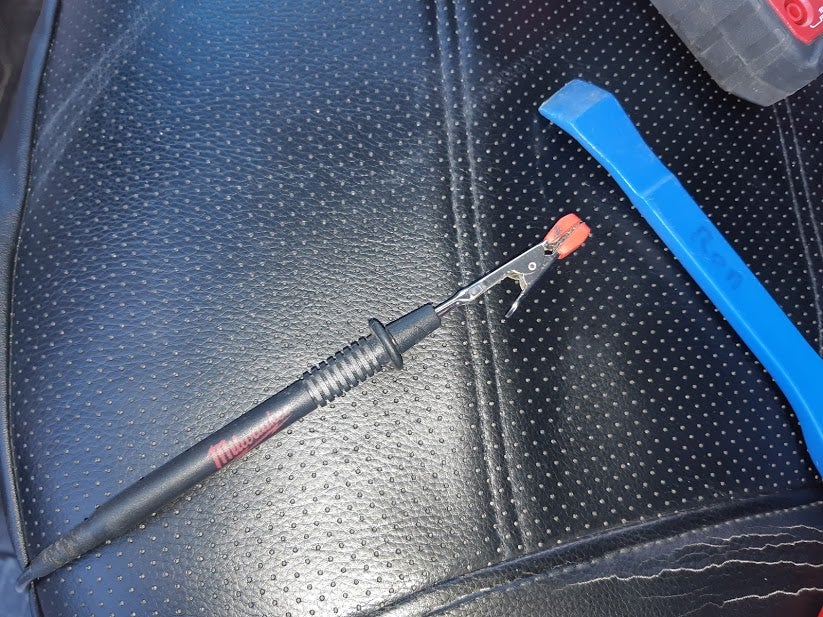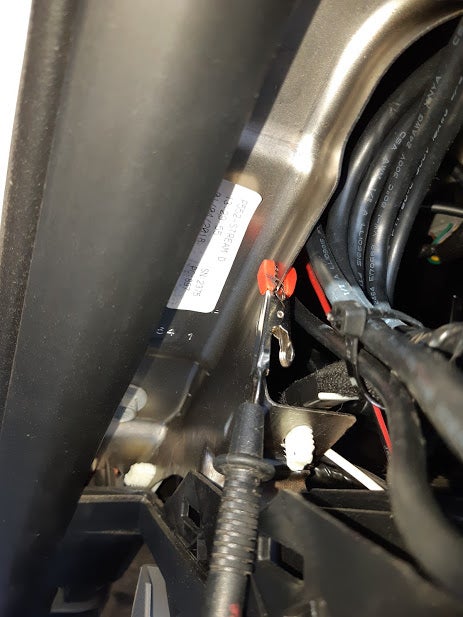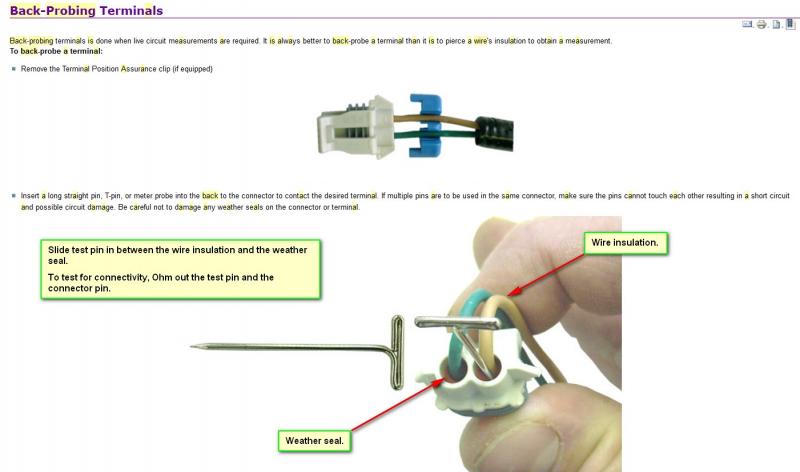 "Dash-doorhandle-6 cyl none the richer" (dash-doorhandle-and-bondo)
"Dash-doorhandle-6 cyl none the richer" (dash-doorhandle-and-bondo)
09/11/2020 at 16:09 ē Filed to: None
 2
2
 11
11
 "Dash-doorhandle-6 cyl none the richer" (dash-doorhandle-and-bondo)
"Dash-doorhandle-6 cyl none the richer" (dash-doorhandle-and-bondo)
09/11/2020 at 16:09 ē Filed to: None |  2 2
|  11 11 |



just brilliant.
 jminer
> Dash-doorhandle-6 cyl none the richer
jminer
> Dash-doorhandle-6 cyl none the richer
09/11/2020 at 16:21 |
|
Those are amazing! I always have just used leads with alligators on both ends connected to my multimeter.
 Demon-Xanth knows how to operate a street.
> Dash-doorhandle-6 cyl none the richer
Demon-Xanth knows how to operate a street.
> Dash-doorhandle-6 cyl none the richer
09/11/2020 at 16:23 |
|
https://static.grainger.com/rp/s/is/image/Grainger/1TC83_AS01?$zmmain$
Test lead kits are a good thing.
 Darkbrador
> Dash-doorhandle-6 cyl none the richer
Darkbrador
> Dash-doorhandle-6 cyl none the richer
09/11/2020 at 16:55 |
|
Like every other superhero, I work alone. But a 3rd hand is sometimes handy, and yeah these little crocodile/alligator clips are a godsend.†
 subexpression
> Dash-doorhandle-6 cyl none the richer
subexpression
> Dash-doorhandle-6 cyl none the richer
09/11/2020 at 16:57 |
|
The problem I had with those was that they were big enough that the probes didnít quite fit next to the meter where they were supposed to go. Luckily, that meter didnít need to move around very much.
 MM54
> Dash-doorhandle-6 cyl none the richer
MM54
> Dash-doorhandle-6 cyl none the richer
09/11/2020 at 17:17 |
|
I use these all the time when on-site for work, usually using a $1000 fluke meter to check continuity of a wire or checking for voltage
. Nothing like some good old overkill!
 lone_liberal
> Dash-doorhandle-6 cyl none the richer
lone_liberal
> Dash-doorhandle-6 cyl none the richer
09/11/2020 at 18:06 |
|
On some multimeters the† probe tips unscrew so you can screw the alligator clips on. Very handy.
 Dash-doorhandle-6 cyl none the richer
> lone_liberal
Dash-doorhandle-6 cyl none the richer
> lone_liberal
09/11/2020 at 18:15 |
|
Iíve got a fancy snap-on test light with about 30 different ends in all varieties of pins and spades, comes in handy like once a year.†
 Dash-doorhandle-6 cyl none the richer
> MM54
Dash-doorhandle-6 cyl none the richer
> MM54
09/11/2020 at 18:16 |
|
Iíve never pulled the trigger on buying a F luke,† I need aa decent meter but this one is just fine ($28) if you pop the fuse though.†
 MM54
> Dash-doorhandle-6 cyl none the richer
MM54
> Dash-doorhandle-6 cyl none the richer
09/11/2020 at 18:41 |
|
Iím much less over-equipped for auto electrical at home. I have an old fluke bench meter for electronics but an oldish $30 radioshack portable does fine for anything I get into in the garage.
 Urambo Tauro
> Dash-doorhandle-6 cyl none the richer
Urambo Tauro
> Dash-doorhandle-6 cyl none the richer
09/11/2020 at 19:08 |
|
Very handy for grabbing a ground point!
And for those times when thereís no readily-available probing point to clamp on to, might I suggest slipping a T-pin into a connector and clamping onto that:

 shop-teacher
> Dash-doorhandle-6 cyl none the richer
shop-teacher
> Dash-doorhandle-6 cyl none the richer
09/12/2020 at 09:04 |
|
Nifty!†